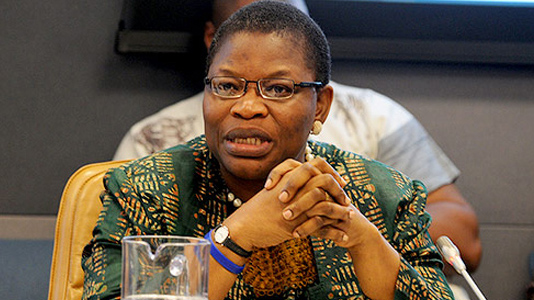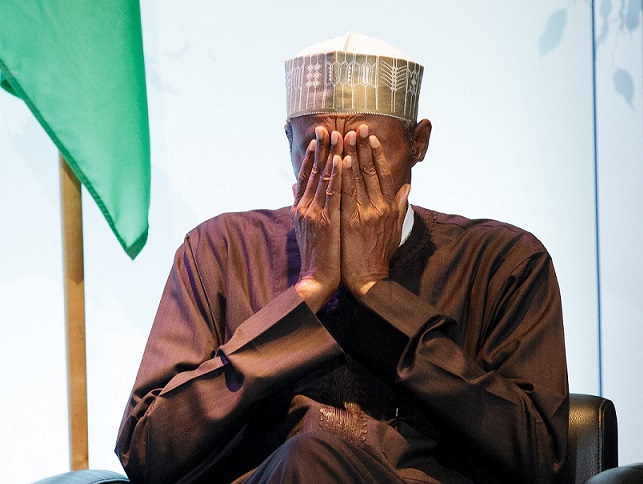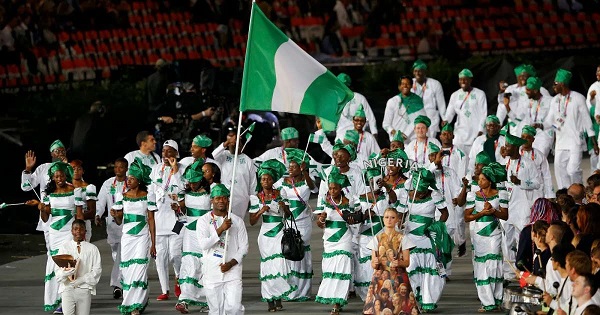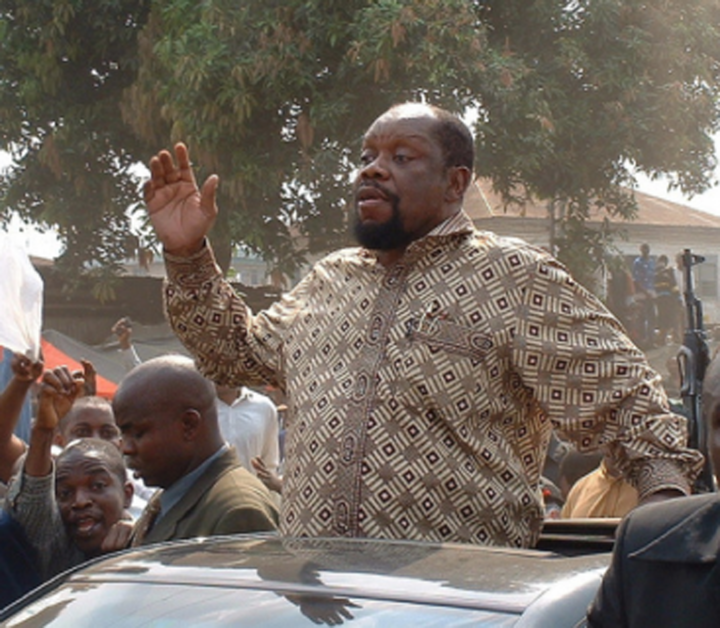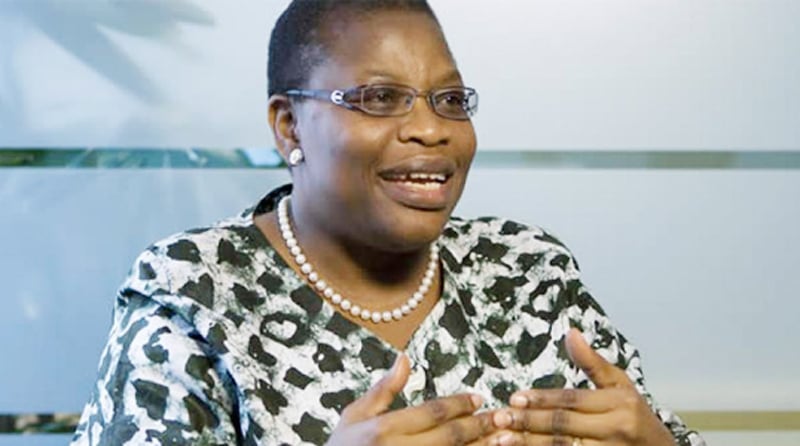Here’s a very important issue President Mohammadu Buhari should address as he settles into his job: hate speeches. The president shouldn’t dismiss them as mere bigoted ranting.
Hate speech, as we have seen in history, is often a precursor to mass violence.
There were all kinds of quit notices issued to various ethnic groups and hate songs flying around while the president was away in London. Now, the president has got a perfect opportunity, as he prepares to address the nation, to send a strong message to Nigerians.
Professor Yemi Osinbajo is right when he posited that “The silence of leaders at this time in our country will be a grave disservice to our country, its peace and its future.”
With the level of hate in the country, blaming any political party or Buhari’s actions or inactions may not heal the country at the moment. It is time to offer solutions. [This is not to say that the president shouldn’t think of addressing any appointment or structure that could inflame hate speeches in future.]
And categorizing hate speech as terrorism, without first defining very clearly what is or isn’t a hate speech isn’t exactly the way to go.
Advertisement
Besides, subjecting the main disseminators of hate speeches to terror charges have not yielded much fruit nor reduced hate speeches. For example, arresting Benjamin Onwuka, the leader of Biafran Zionist Federation, for treason when he tried to invade the Enugu State Broadcasting Service to declare the Republic of Biafra in June 2014 didn’t stop him from declaring the republic on August 1, 2017.
In Onwuka’s case, ignoring him seemed to have paid off. In fact, many have argued that arresting those who gave the Igbo a quit notice would have elevated there status, by giving them a godlike status – the kind Nnamdi Kanu is enjoying amongst members of IPOB.
The levels of destruction from hate speeches depend on the clout of the group or persons issuing them. Research has shown that hate speech could be less harmful if its sources are less credible, discredited or unseen by the population.
Now, it gives cause for concern since many of the people spreading hate speeches are not ordinary citizens: some have held major political offices in the country. This is why the president needs to act now.
In addressing this issue, the president needs to strike a balance, however, between prohibiting hate speeches and the restriction of the fundamental right to freedom of expression. One way to do this is to define clearly what constitutes a hate speech. Though there are general definitions of hate speeches, clearly defining it in new legislations will put paid to the kind of fears the opposition is currently having.
Advertisement
For instance, the following sentences, ‘’I don’t like politicians’’ and ‘’politicians deserve to die’’ could be lumped together as hate speeches in order to get at some perceived enemy. While the former might not be a hate speech, the later could be.
There is no doubt that the internet and social media have helped to spread hate speeches in the country. In this regard, Germany’s recent bill criminalizing hate speech on social media sites might be a way to go Nigeria. The law in Germany states that social networking sites may be fined up to 50 million euros ($56 million) if they persistently fail to remove illegal content within a week, including defamatory fake news.
Most importantly, dismissing all agitations, which could give birth to hate speeches, as mere politics as the proponents of restructuring have been dismissed, isn’t exactly the way to go. Yes, these agitations have political undertones, but as a politician, President Buhari should offer a political solution.
Advertisement


